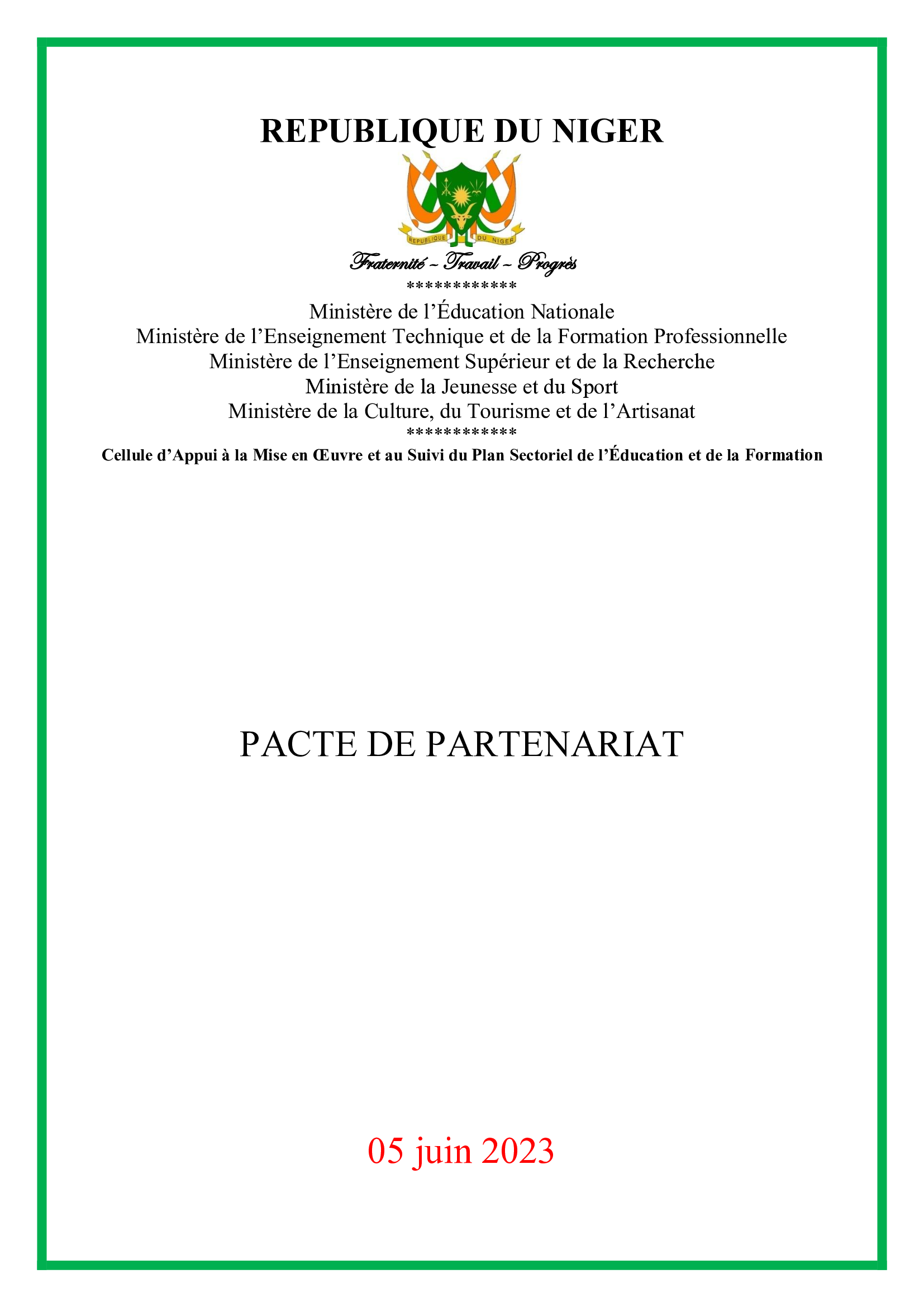In Niger, children face numerous obstacles to accessing and completing education, particularly girls living in rural areas.
Poor infrastructure, teacher absenteeism, an outdated curriculum and a lack of teaching and learning materials result in lost learning time – up to one-third of the school year for many children. By the end of primary education, only 30% of students have mastered basic reading skills and 23% math skills, making it difficult to progress through the education system. The dropout rate for grade 6 students is 33% for girls and 28% for boys.
Given how much of the school year is lost in Niger, the government is working with GPE and other partners to improve instructional time for better learning and greater efficiency.
Niger plans to replace over 36,000 straw hut classrooms, which are vulnerable to bad weather and fires, and build additional classrooms, dormitories to help retain girls in secondary education, and learning centers in conflict areas to ensure the most vulnerable students have better access to education.
Additionally, reforming teacher development, deployment, status and career ladders aims to decrease teacher absenteeism and increase teacher effectiveness in the classroom; and curriculum redesign will focus on core subjects, early grades, use of national languages and scripted lesson tools to make the best use of learning time.
Transversal to Niger’s efforts to transform its education system is a commitment to gender-responsive planning and policy development.


